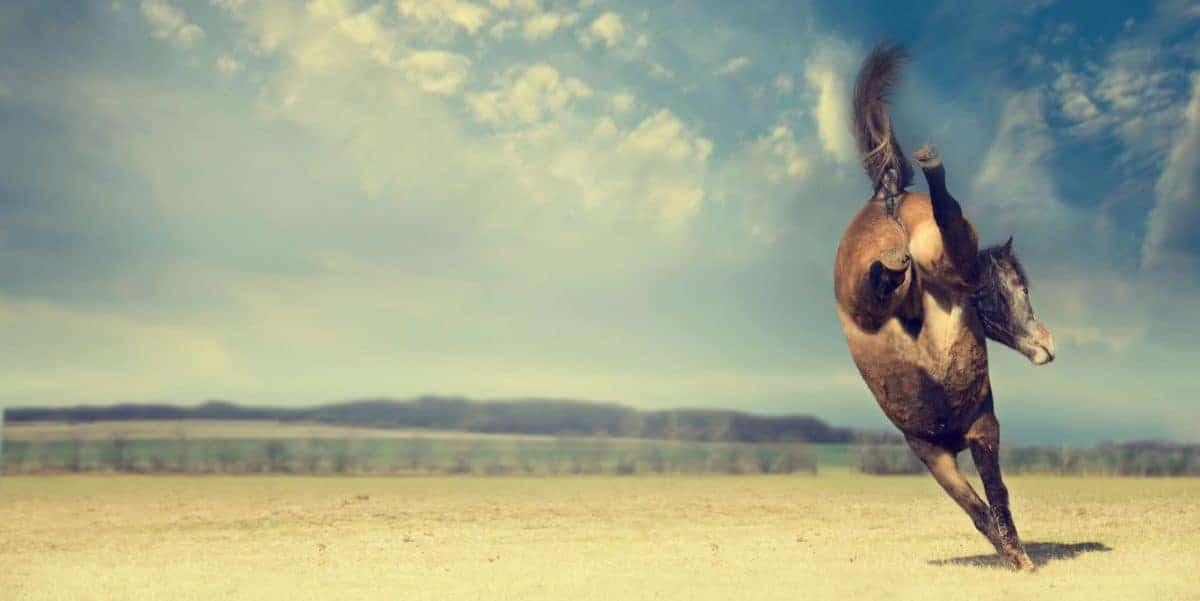Liability – can you be held responsible if your horse injures someone?

Equine solicitor Hannah Bradley discusses the issue of liability, and in what circumstances you are likely to be held responsible if your horse causes injury to somebody.
Liability
The law relating to damage caused by animals is fairly difficult to interpret. Animals, particularly horses, are unpredictable and can be dangerous, injuries caused by horses (from the minor to the life changing) occur on a daily basis.
It is important that owners can be held responsible for damage when it is just. However, a balance must be struck between protecting the interests of those who are injured by out of control animals, and preventing swathes of claims for injury caused in the ordinary course of dealing with horses.
While the injured party can bring a claim in negligence, they can also do so under the avenue of the Animals Act 1971, in which case the owner or keeper may be “strictly liable” (i.e: held responsible regardless of their own actions).
Is the owner at fault?
In order to establish if the owner or keeper of a horse should be held liable, the Court will apply a three stage test.
The first stage is that the injured party must establish that the horse was, unless restrained, likely to cause damage, or if the horse caused damage, it was likely to be severe.
This stage is usually satisfied with horses on the basis that if a horse causes damage, because of their size and power, it is almost always likely to be severe.
The second, more fact specific test is that the injured party must prove that the damage caused by the horse was caused by a characteristic which is either not normally found in horses, or only found in horses at particular times and in particular circumstances.
As you can imagine, the second stage of the test has caused the Courts some difficulty. In order to determine whether the characteristic that caused the accident is “normal” for a horse, evidence from an expert may be required.
An example of the Court’s assessment of a particular characteristic can be seen in the case of Freeman v Higher Park Farm, which was heard in the Court of Appeal in 2008. In this case, the Claimant fell from a riding centre horse when it gave three large bucks when asked to canter. The Court found that bucking in such a way was not a characteristic normally found in horses.
Finally, the injured party must establish that the characteristic which caused the injury or damage was known to the horse’s owner or keeper. Factual evidence will be required from the parties as to whether the kind of behaviour which caused the injury had been displayed by the horse before.
Cases
A number of cases heard recently in the Court of Appeal (including Freeman v Higher Park Farm discussed above) have been dismissed. This approach suggests that Judges are taking a pragmatic view towards claims, and are expecting potential Claimants to exercise a degree of common sense and responsibility when dealing with horses.
Horse owners will be reassured by the apparent reluctance of the Court to hold horse owners responsible if their horse behaves in a slightly unpredictable way.
So what can we do to avoid being held responsible?
While you can’t do anything to completely avoid liability, there are certain things that you can do to weaken any potential claim.
The owner of the horse will be able to escape liability under the Animals Act 1971, if they can establish either that the injured party caused the injury by their own acts, or voluntarily assumed the risk of the injury.
In the case of Goldsmith v Patchott, decided in 2012, the Court decided that Mr Patchott had told Ms Goldmsith that the horse needed an experienced rider before she rode him, and she therefore accepted the risk that he might buck (as he did, causing her significant facial injuries).
If your horse has a quirk, or is generally unpredictable and if somebody is going to be around it (riding or handling), you should notify them preferably in writing (this can be a text message or e-mail) of its quirks.
A simple message such as, “he can be spooky on the road so please be careful” or “he sometimes kicks out when you try to pick up his feet” may help you to defend a claim.
It’s important to ensure that you have a policy of insurance in place which will cover injury caused to third parties.






